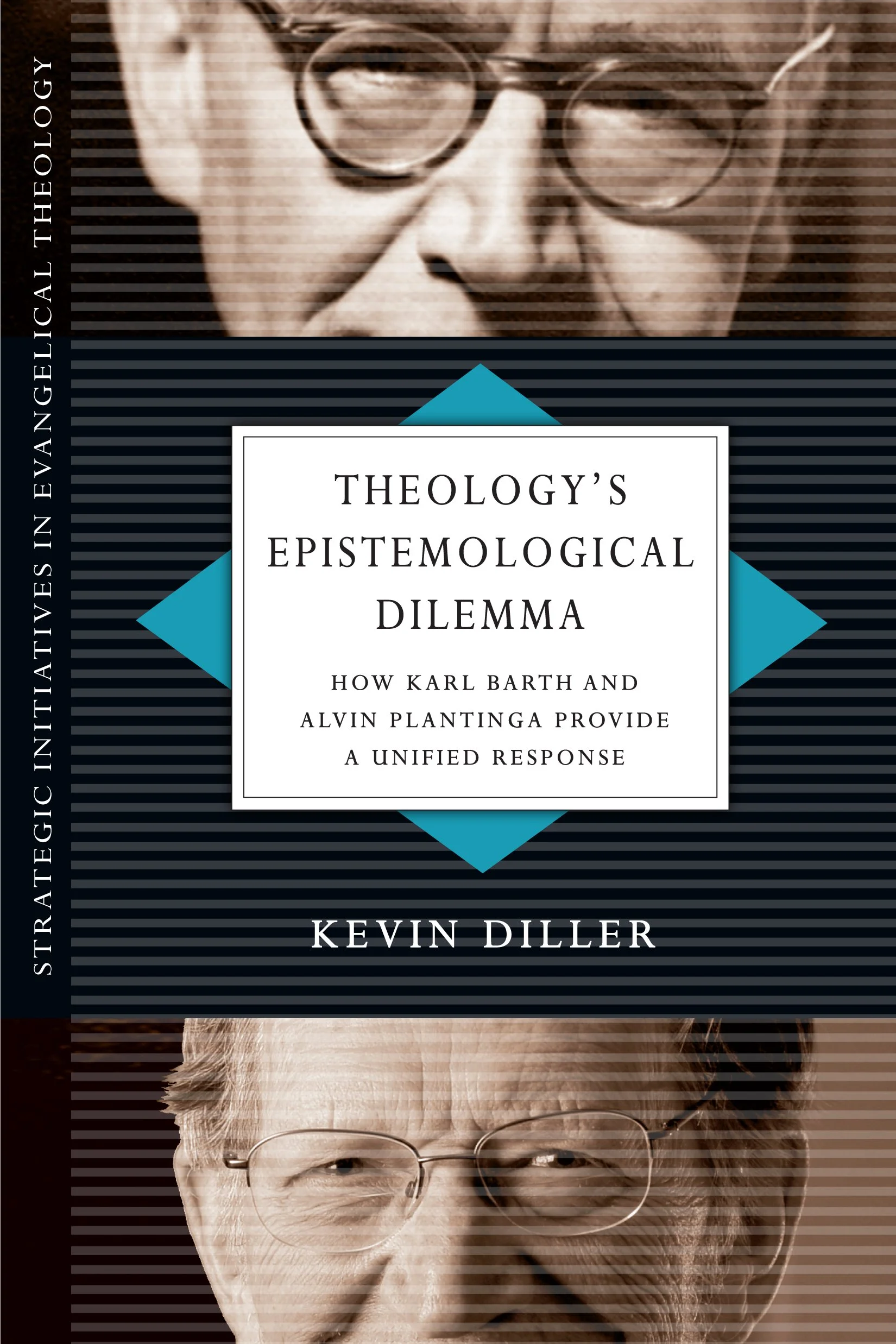An Apologetic Confession
It is 2015 and I'm resolved to not wasting time (not really). So I am resolved to getting to the point faster (not really, see how this intro keeps going?). So to the point: I do not believe in apologetics. <insert gasp>
There you go. If you disagree with me and do not want to read any further you should feel free to depart now with minimum time wasted. For those still reading I will try to explain. Wikipedia defines apologetics as "the discipline of defending a position (often religious) through the systematic use of information." Webster's defines apologetics as "a branch of theology devoted to the defense of the divine origin and authority of Christianity." In some sense I like and agree with these definitions because they emphasis defense.
My concern with modern apologetics is that it has been combined with an enlightenment philosophy that turns these arguments from defense to proofs and/or persuasions. This is the ground up, tabula rasa model that leads people to think that evaluating natural evidence and building rational arguments will lead to the truth. If I am honest it is hard for me to think of a mental process outside of their rooted philosophy. This merely serves to prove how ingrained our philosophies are. Many Christians, and especially Christian laymen, have bought into the idea that apologetics not only defends the Christian faith (aka argue in such a way to deem it rational or warranted) but that they can also prove the Christian faith. It is this definition of apologetics that I reject. Here is another confession point for individuals who may wish to stop reading: I learned most of this from Karl Barth.
What I learned from Barth was this, Reformed people since John Calvin have grown surprisingly less Reformed in their doctrine of revelation and their epistemology. The Reformed cry of sola gratia has stood strong with respect to salvation (it is of God's grace alone that man is saved). The same, however, can not be said of their apologetics. Instead, the general approach has been one of secular enlightenment presenting arguments, evidence, and even more recently conservatives encouraging doubt as a starting point to prove faith. So classical apologists would correctly argue that their form of apologetics stretches well past the enlightenment. They would be entirely correct. How far removed those early apologists were from proving the authenticity of the Christian faith is a subject for another time.
My point here is that in seeking to defend the validity of the Christian faith many Christians have thought to accept a play ground and rules determined by skepticism. These rules involve man being able to analyze up to knowledge or warranted belief in God. This simply will not do. Presuppositional apologetics have sought to overcome this mistake. They have noted the basic presuppositions of non-believers and shown them to be foolish and circular. The arguments of atheists play in a playground that can neither prove or disprove God. Where the presuppositionalist are in danger is if they refuse to admit that their position is also circular. We cannot step into the playground ourselves. They presume God to argue for God and fall victim to not satisfying the conditions of modern skepticism.
So what is one to do? Karl Barth and Alvin Plantinga champion (quite unknown to each other) a form of Reformed revelation or "Reformed Epistemology" where even our most basic knowledge of God is solely by grace. What does this mean for convincing people or proving Christianity? For starters it means it can not be done. There is no argument that can work within the framework of a skeptic and generate acceptance (truth faith). There may be value in such arguments for those with weak faith. There may even be an argument for God using apologetics as a means of His grace. Plantinga and Barth do not entirely agree on these issues and I currently agree with Barth that apologetics is incapable of either of these things.
So where does that leave the Christian? Are they to rest in a subjective, experiential conviction of the truths of Christianity? Neither Plantinga or Barth condones that. Each, in his own way, drives home that our foundation is the personal relationship and revelation given to us through the grace of God by the Holy Spirit. Yes, more could be said but I promised to not waste time. For me, Plantinga and Barth have been big as I grew through a "to argue or not to argue" phase. The sending of Christ and the testimony provided by the Holy Spirit are the only firm foundation for wondering hearts and mind.







